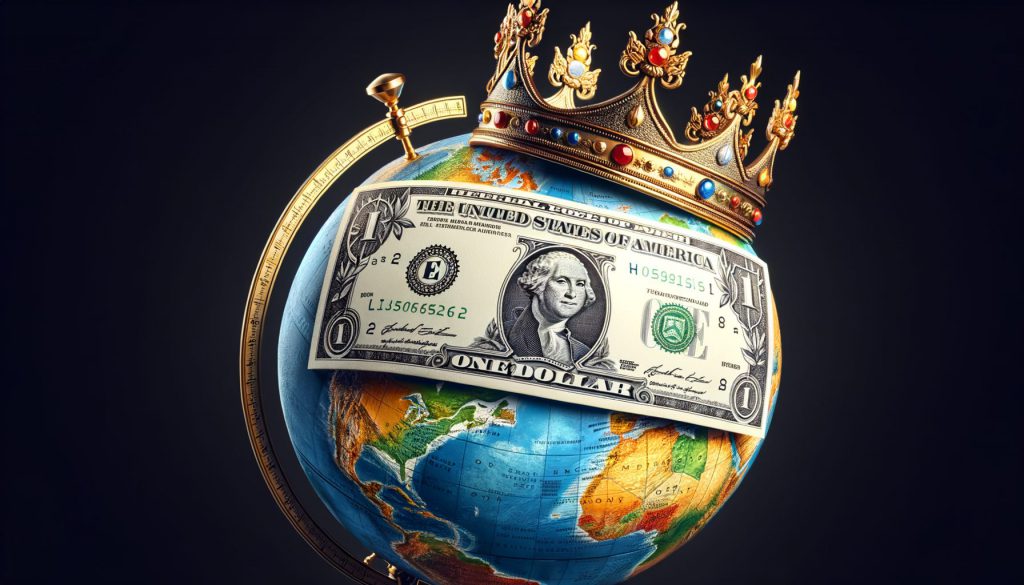The last several weeks have seen geopolitical tensions growing. With both sides reaching a fever pitch, the BRICS has seen yet another nation reject de-dollarization amid the implementation of US President Donald Trump’s new tariffs. Indeed, the president is set to introduce new 25% import taxes Monday as his aggressive economic policy continues.
The move has propelled the US dollar upward, as it seems to reinforce faith in the greenback. However, its potential impact on the United States and the world economy remains to be seen. All that is certain is that the country is setting the planet on course for a trade war that is wide in its scope and impact.


Also Read: BRICS Currency Plan is Officially No More: Will Trump Lift Tariffs?
BRICS Sees Yet Another Country Reject De-Dollarization as Trump Tariffs Take Effect
En route to his campaign victory in November, Trump had championed the importance of the US dollar. Indeed, he noted that the greenback losing its status as the world’s currency would be akin to the nation losing a war. This has driven his economic policy, as he looks to defend the nation’s currency against lessened international usage and thwart potential expansion of the idea.
To this point, it appears the aggressive stance is working. Indeed, a new BRICS nation has spoken out rejecting de-dollarization as Trump’s tariff plan begins to take effect. It joins nations like India in reassuring that the bloc’s operations are not directly tied to harming the US dollar.


Also Read: BRICS: US Signalling Recession as Trump Tariff Impact Looms
Specifically, Indonesia’s chief economist, Josua Parde, recently confirmed it has no interest in targeting the greenback. Alternatively, its BRICS participation is merely tied to its own economic growth. Indeed, Pardede notes that the distinction between the two is of the utmost importance to the nation.
“We are entering BRICS not to support the de-dollarization of China and Russia but rather to expand trading partners,” Pardede said. “This de-dollarization that we are encouraging is to provide an option for the business world not to always depend on the dollar,” they added.
It will be interesting to observe how Trump responds. With his targeting of Mexico and Canada, things may have changed. Indeed, it appears that his economic policy may be less tied to the US dollar’s status than originally perceived. However, he could redirect his approach to BRICS. Instead, targeting nations actively seeking to decrease the value of the dollar in the coming weeks.





